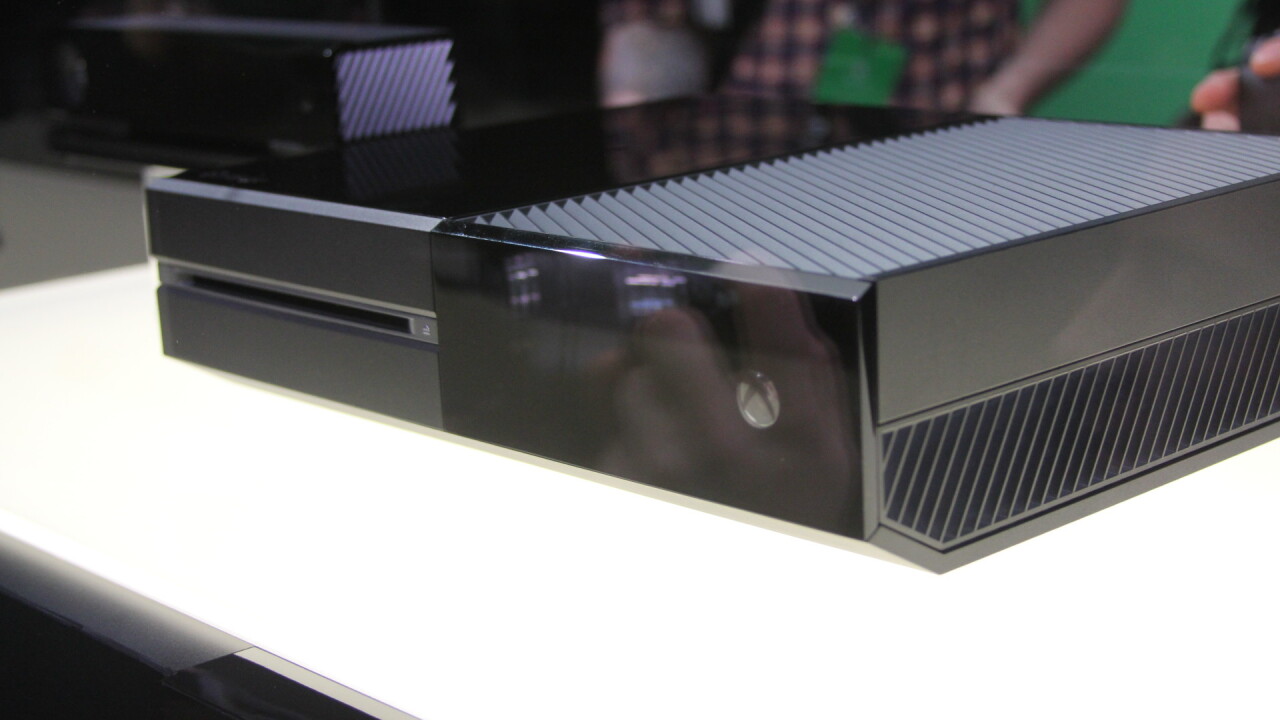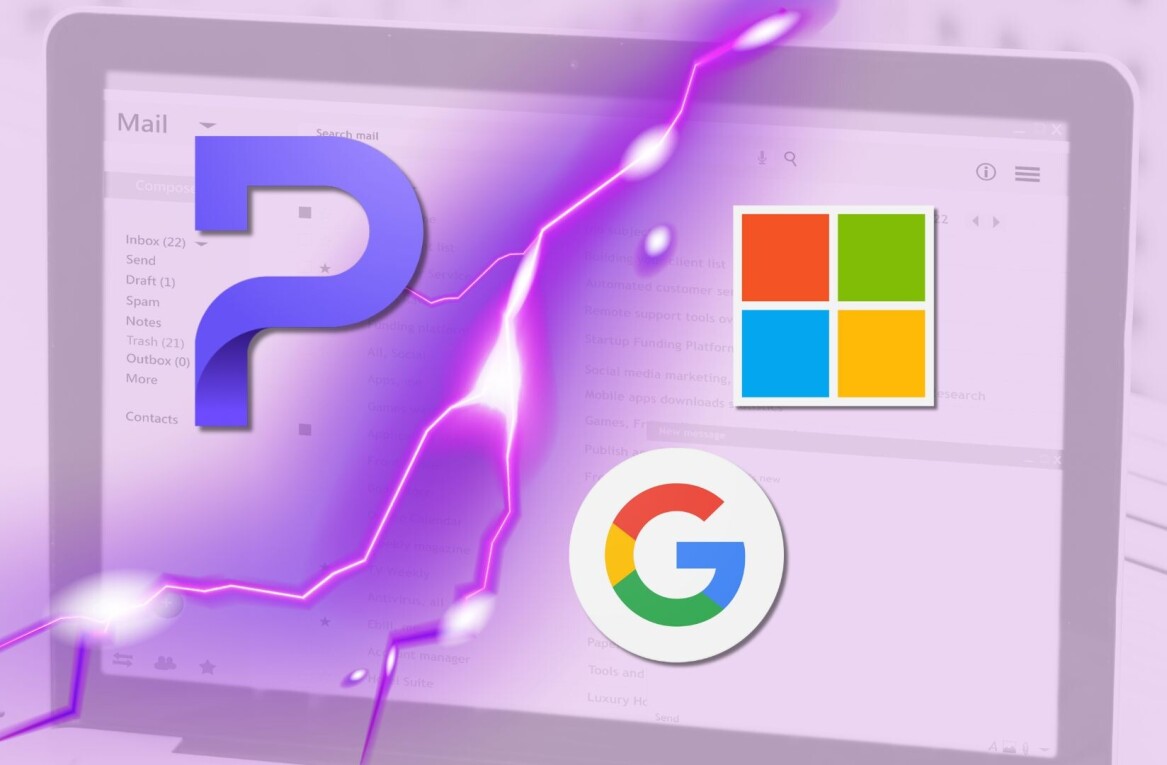
So, the massive public debate over Microsoft’s choices regarding Xbox One DRM, used games and a requisite Internet connection has come to roost. Today, the company pulled back from many of the stances that it had taken since the reveal began several weeks ago, and people are super-duper happy about it.
A large portion of the complaints were centered around the fact that the console would require you to connect to the Internet every 24 hours while on your home unit, and every hour while you were ‘guest’ playing on someone else’s.
The secondary issue was that of used games. The used game market is immense, with nearly zero of that going to the original game manufacturers or Microsoft themselves. But gamers love it because it allows many of them to take advantage of the fact that not everyone is willing to shell out $60 on a new game. Instead, they wait and pick those up at half the price a few weeks later.
The new system that Microsoft had proposed was going to put severe handicaps on that system. It would allow publishers to determine whether or not you could sell your game’s ‘license’ to someone else, and would restrict you from even giving the game away to another user unless it was a ‘friend’ that you had known more than 30 days.
Now, Microsoft has rescinded the Internet connection requirement and stated that the Xbox One will work pretty much exactly as it does with the Xbox 360 with regards to used games. Meaning that if you buy discs you’ll be able to sell them. Online games are still yours only, and cannot be shared or re-sold. And the disc must now be in the tray for you to play a game, regardless of whether you’ve installed it or not.
Everyone is crowing. Victory! Amazing! Microsoft buckles! And, to a degree, that’s correct. Microsoft absolutely had to do something to deflate this balloon of criticism or face a hard stumble against its major competitor, Sony. Especially since Sony had taken advantage of the situation and emphasized its (previously) much more lenient stance towards the Internet and used games.
Unfortunately, this victory is pyrrhic at best. Full of ‘sound and fury and signifying nothing‘, if you will. Yes, the policies have been reverted to their previous state, and gamers even got a nice bonus in that there are now no region restrictions on discs from various parts of the world.
But the Xbox One experience also got a significant amount worse for those people who don’t surf the used game market.
For instance, you can no longer now share or give away your online purchased (disc free) games. Under the previous rules you could play any of your online games anywhere and even give them away when you were done. There was even a (theoretical) provision for selling the license to those games. Even better, once you had proved that you had purchased any title from AAA to Live game, you could download and play it from any console using the Xbox cloud.
Think of it as iTunes in the Cloud for games. And if you’ve used Apple’s system for allowing you free access to your library of titles then you know it’s pretty much exactly how constant digital access to your library should work. It’s going to get even better in iOS 7 as Apple detailed during the keynote that all of your titles will show on all of your devices for streaming at any time, which is fantastic.
But now, that’s gone. You have to have a disc in your tray if you bought it offline. Removed along with the Internet connection check and whatever system they had in place to guarantee rights management. Also gone is the ability to share all of your Xbox One games with up to 10 family members, which was ridiculously cool.
If you’re balking over the cost of a game, why not split it with several family members and share the title? There’s a fairly large case here of not seeing the forest for the trees, and it’s costing gamers some very nice features as they follow the very loud herd.
The Internet connection requirement is a toughie. I get it. Some people like to take their consoles on vacation without Internet and checking in once a day would have been a pain. But it’s also a big part of the future of all devices, not just consoles. There’s simply very little room for a device that can’t find a way to connect to the Internet once in a while. In a couple of years it will be mind boggling for any device not to have a way to do so, and the Xbox One planned for that future.
Instead, gamers have an experience that, aside from cloud processing features that Microsoft says are sticking around, mirrors the same one they had in 2005. This is not 2005. These people who had a knee jerk reaction and ran around stomping their feet and yelling and waving their arms have literally talked themselves out of the gaming experience of the next 10 years and into one of the last 10.
I’m sure that the pressure Microsoft was under over the last few weeks was crushing. And a lot of it was their own fault. Mixed and unprepared messaging over these two major issues cost them the ability to pitch them as an integral part of the way gaming will be rather than the way it was. But I also think they’re responsible for not being able to stand up to publishers to set specific policies around used games rather than some nebulous ‘future plans’. Microsoft had the ability to act as the one to say no when the licensing deals for cloud gaming were (likely) rolled into the systems surrounding licensing and transfers.
So what we ended up with is a system that has stepped back down to the staid approach that Sony is taking with the Playstation 4. Gamers first, in the absolute sense. But gamers last, in the future sense. It’s a sad day, frankly.
Get the TNW newsletter
Get the most important tech news in your inbox each week.




